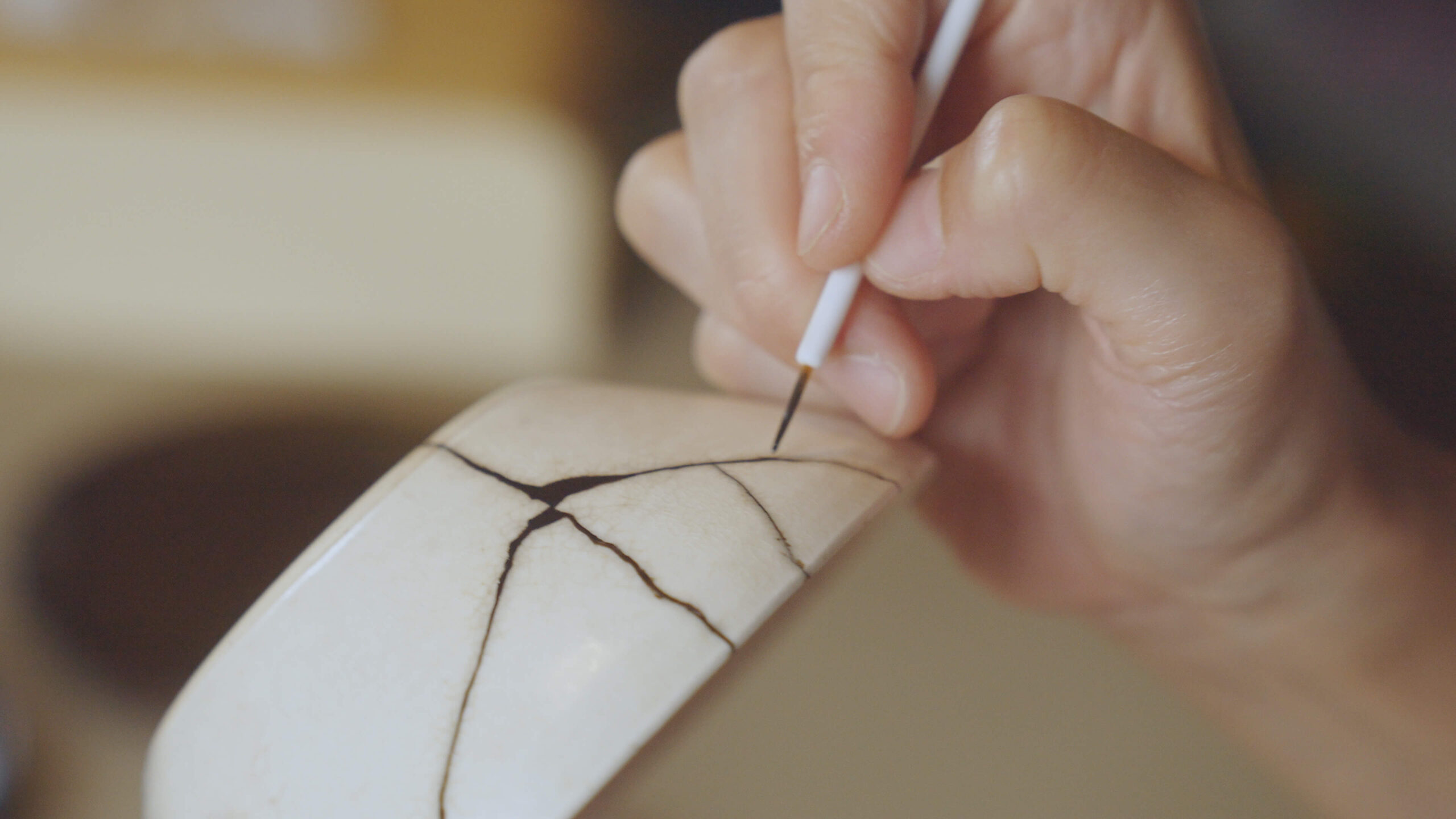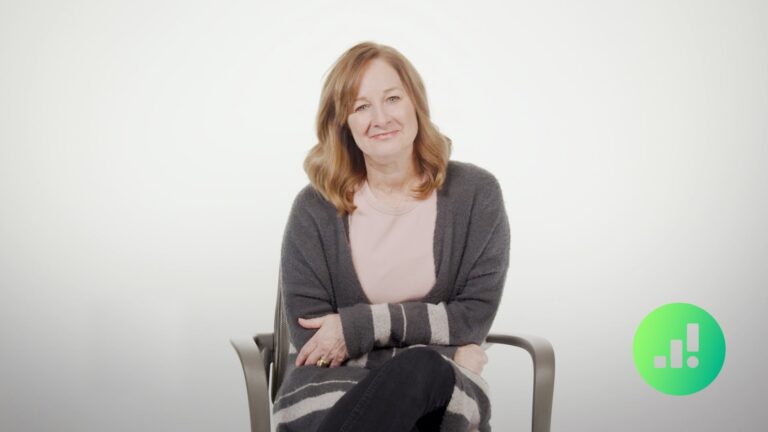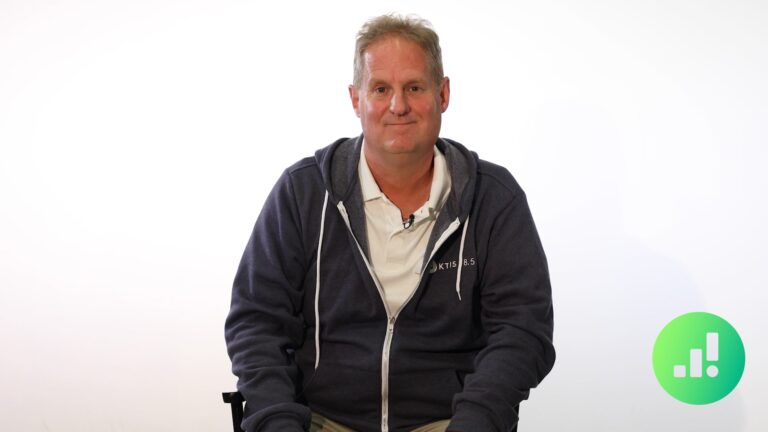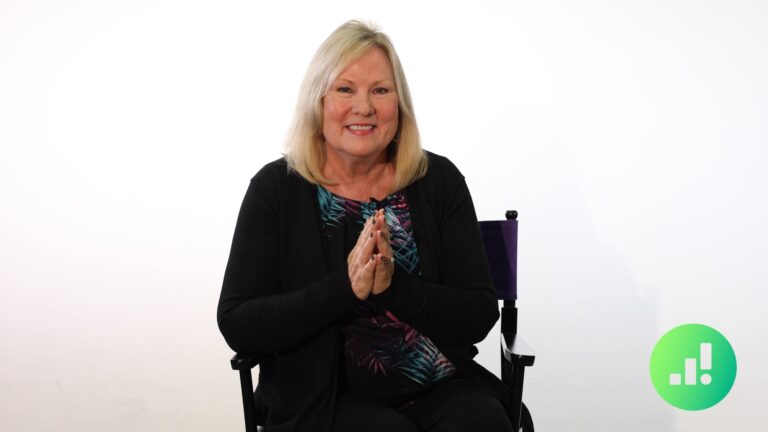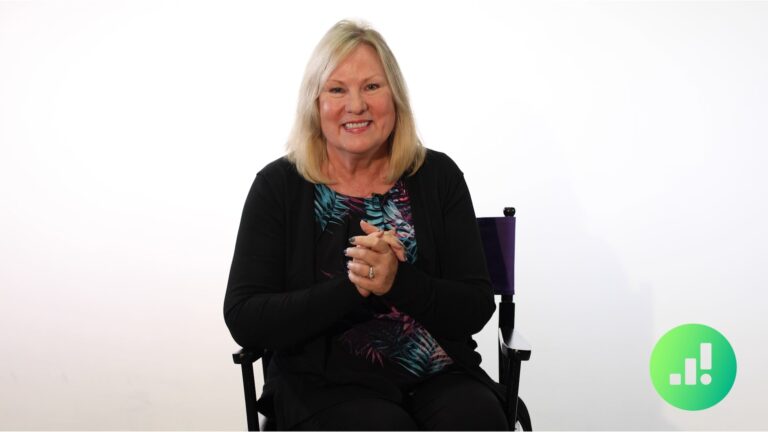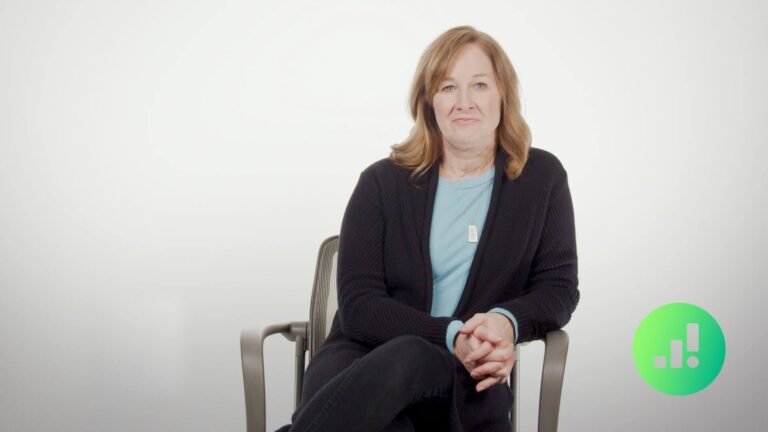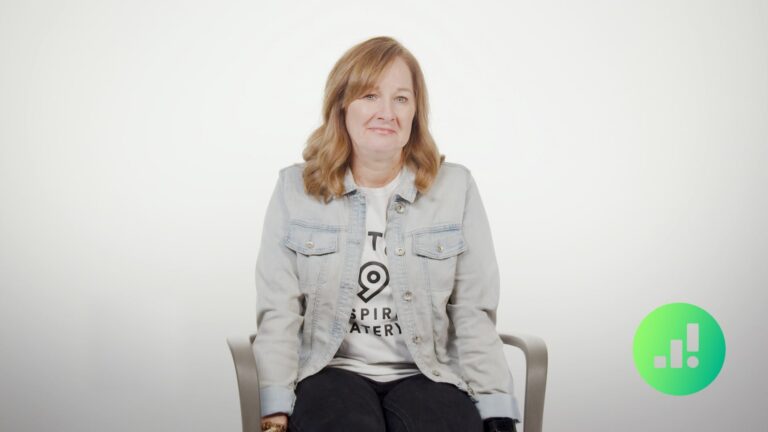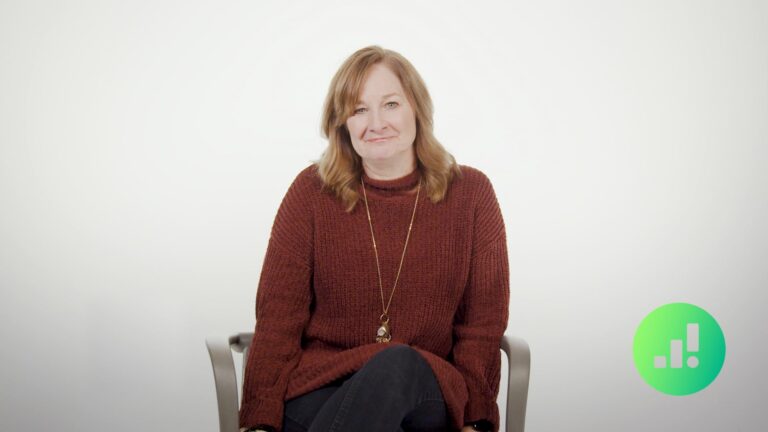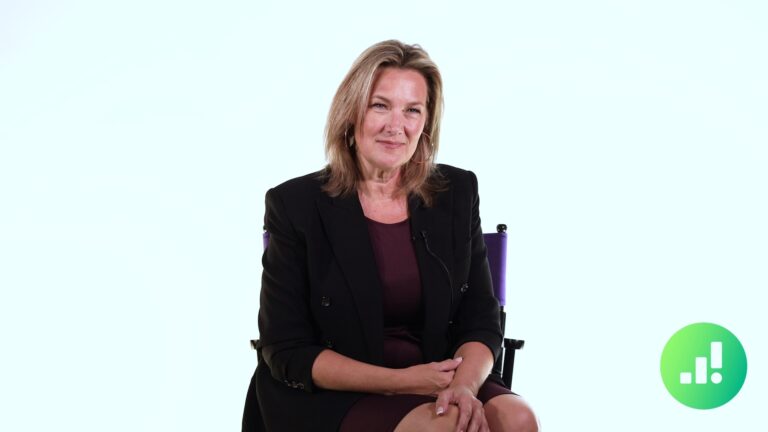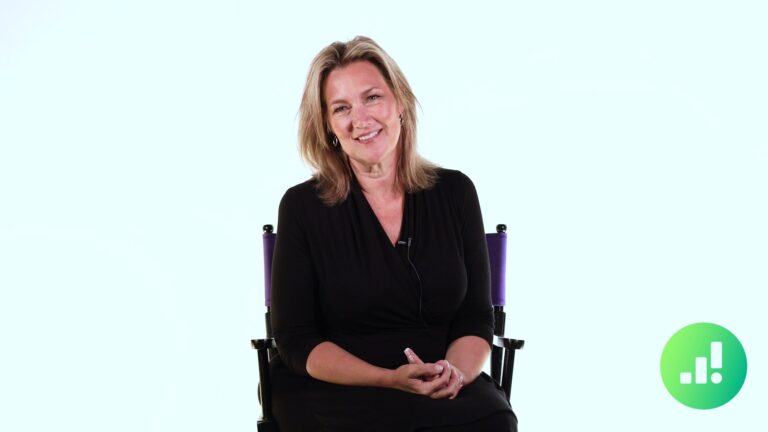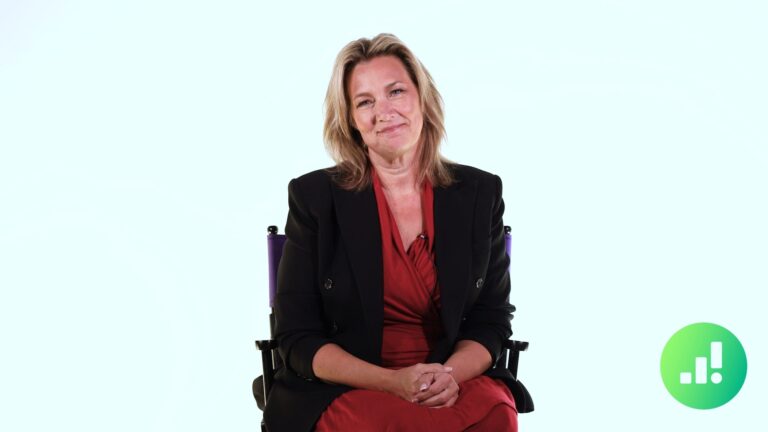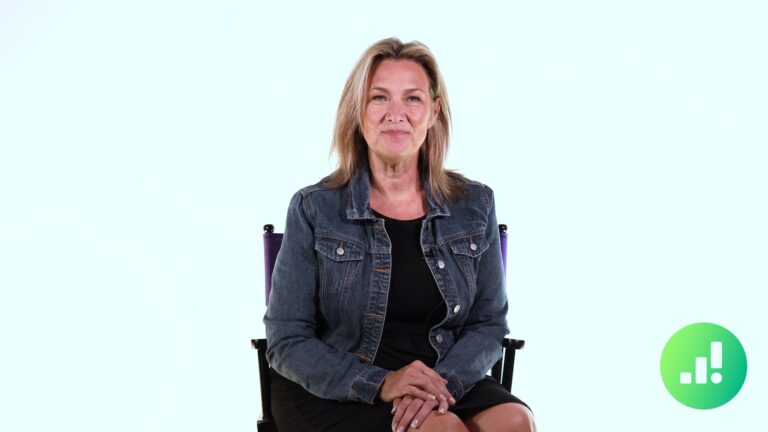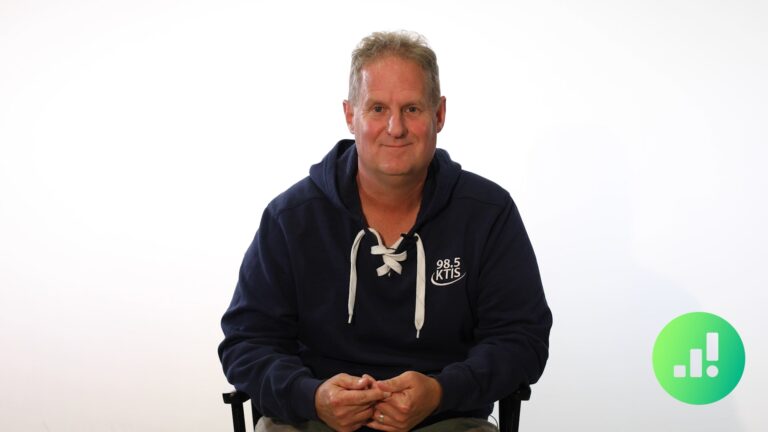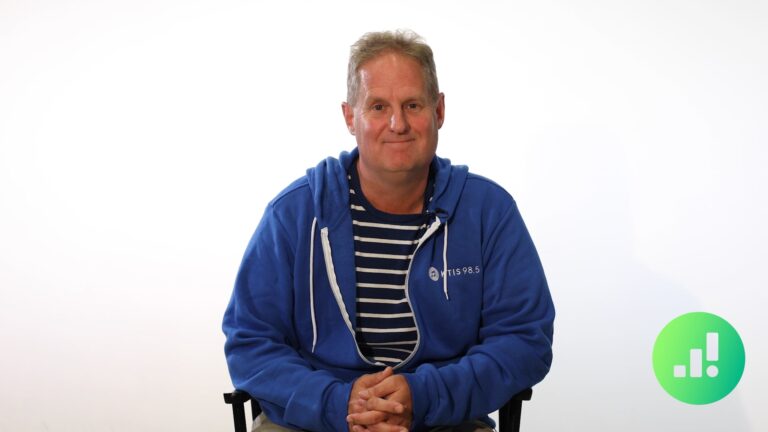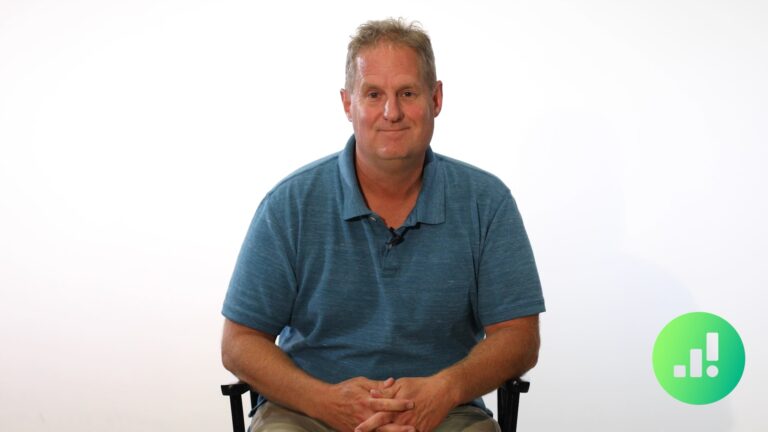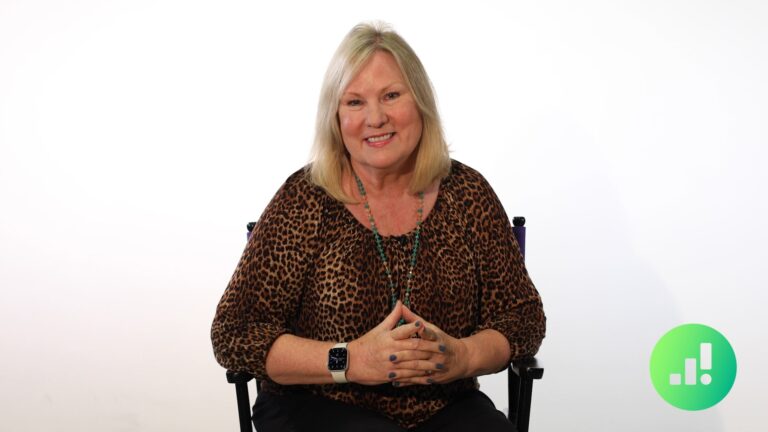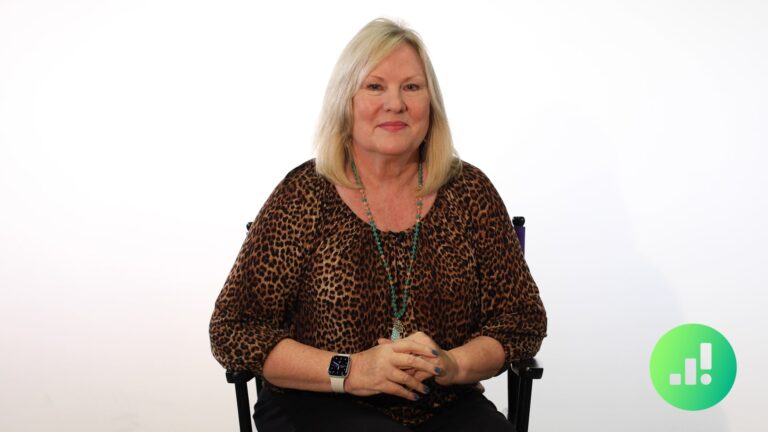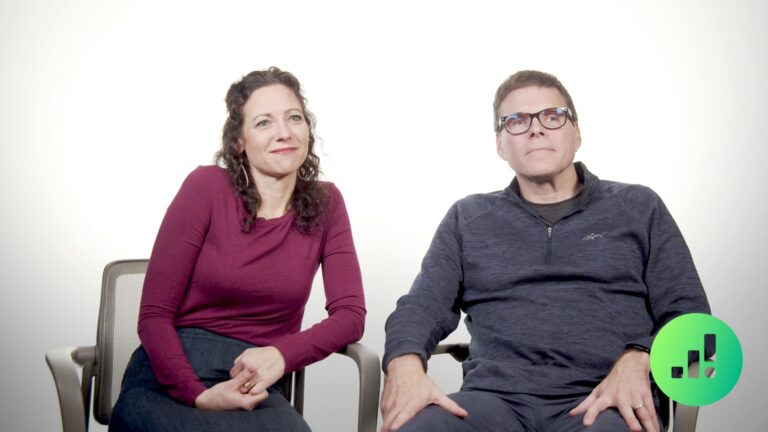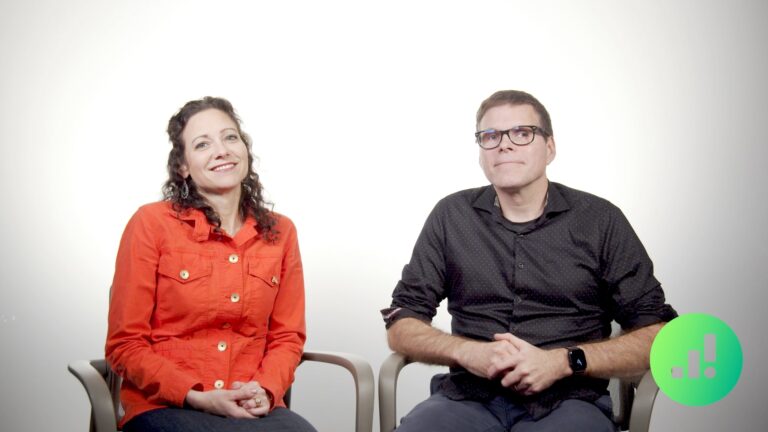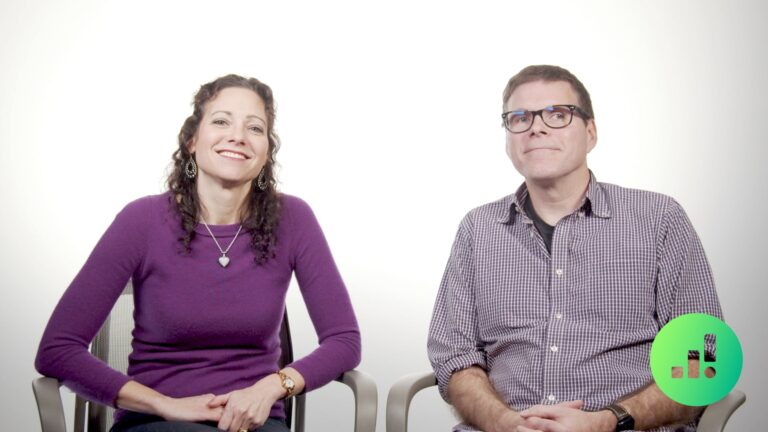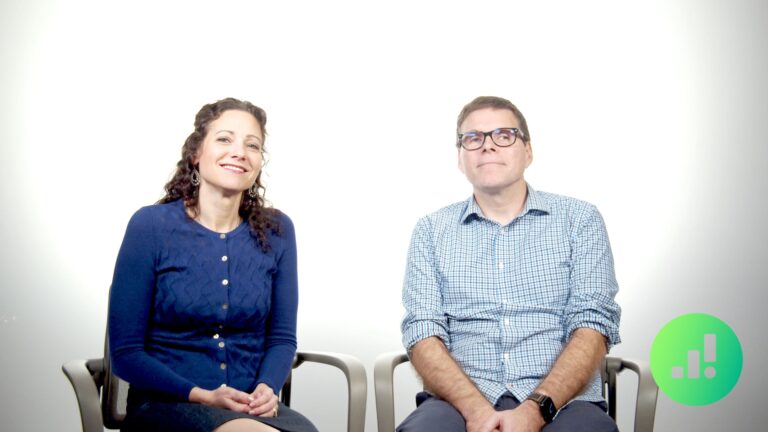Grief is ruminating on a known loss. You know the person you lost is gone. You know your illness took away some of your abilities. You know the relationship is irreparable.
Depression is different from grief. Depression is ruminating on a loss of self. It feels unknown and uncertain. You don’t understand why you feel the way you do. It can feel discouraging and defeating.
For Nina (last name withheld), grief and loss triggered depression.
Nina’s story starts in February of 2020 when her daughter passed away. Emily had been diagnosed with spinal muscular atrophy as a baby and wasn’t supposed to live past two years old. She had lived with the help of machines for most of her life and was constantly in and out of the ICU.
Nina stayed with her through each round of hospitalization. She was there when Emily was too weak to press the button to call for the nurse.
When she was 21 years old, Emily’s lung collapsed, and they were told that she wouldn’t get better.
Her lung collapsed again, and her heart moved into the cavity left in her chest.
The diagnosis held no hope, and Emily passed away shortly afterward.
For 21 years, Nina had her daughter by her side. Now, it felt like she had lost control of her entire life.
After taking time to mourn with her family, Nina went back to work in April. At that time, COVID-19 restrictions were in full effect. Her position at Walmart as the manager of the ophthalmology office was thrown into confusion with a skeleton staff and reduced hours. Instead of her normal 36 hours a week, she started working nearly 60 hours.
At one point, she was onboarding three new employees simultaneously and working overtime to fix their mistakes—in addition to completing her normal workload. Nina struggled to cope and started to lose motivation and drive in all areas of her life.
Her husband was laid off from his company.
Her autistic son started to fail all his classes because of the remote learning style.
Her body started to shut down.
“All I wanted to do was sleep,” Nina said.
From mid-October until the end of December, she took a leave of absence to recover from her diagnosis: a major depressive disorder.
She was connected to Resources for Living, a 1-800 counseling service, through her job at Walmart. She started to meet with a counselor three times a week. GriefShare provided a community of people to help work through the grieving process alongside her. She started taking medication and navigating what felt like a myriad of issues.
“There was this battle—this internal battle of the stress of perfectionism and the depth of depression at the same time,” Nina said. “It all comes down to control and having to let go of control…. God alone numbers our days.”
Nina came to the realization that she couldn’t heal her daughter’s illness or her son’s autism.
She had found her identity in control and couldn’t handle losing it. She thought that she had lost herself.
Nina was reminded that God is sovereign despite our weaknesses. He is our bedrock of belief. He is the one in control even when we stubbornly refuse to believe it. She learned to believe that God will save and to trust that if He isn’t going to save, He still has a sovereign plan.
Sometimes He doesn’t deliver you from the challenges; sometimes He delivers you through them.
“If you don’t believe that God has a plan and a purpose in and through and in spite of it—if I didn’t have that as my bedrock … my life would suck,” Nina explained.
Even when she didn’t understand His plan and purpose, she learned to entrust her worries to Him.
“If I can trust that God is sovereign, that He has a plan, and that He will work good and be glorified in my circumstance, in spite of my circumstance, and through my circumstance, that He will be glorified in me—through me—and in spite of me, there is such a peace in that,” Nina said.
When Nina looks at Japanese Kintsugi, an art form that mends broken pottery into something new, she sees herself. Broken in what seemed to be an irreparable way, yet mended by her Heavenly Father into a beautiful work of art.
If you’d like to hear more of this conversation, listen to this episode of Mental Health with Dr. Melissa Mork.
“It all comes down to control and having to let go of control…. God alone numbers our days.”
—Nina
“If you don’t believe that God has a plan and a purpose in and through and in spite of it—if I didn’t have that as my bedrock … my life would suck.”
—Nina

